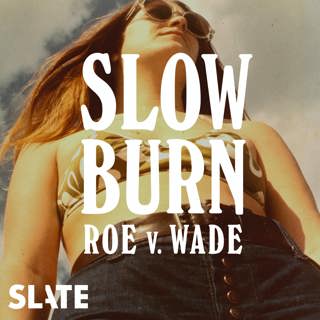Om avsnittet
In the early 1930s, Mae West’s dirty talk and hip swiveling walk made her one of the biggest movie stars in America. But before West hit the big-screen, she was prosecuted for staging not one, but two scandalous plays. In this episode, we look at how West honed her persona when she was under the bright lights of Broadway and the flashbulbs of the tabloids — and briefly behind bars. More than a century later, her career arc offers a blueprint on how to survive a scandal…and maybe even come out ahead. This episode relied heavily on a lot of archival material and innumerable books: When I’m Bad, I’m Better: Mae West, Sex and American Entertainment by Marybeth Hamilton; When Brooklyn was Queer by Hugh Ryan; Lillian Schlissel’s introduction to Three Plays by Mae West, Mae West: a biography by George Eells and Stanley Musgrove; Mae West: An Icon in Black and White by Jill Watts; Becoming May West by Emily Wortis Leider; Gay New York by George Chauncey; Mae West, She Who Laughs Last, by June Sochen: Goodness Has Nothing to Do with It by Mae West; and Linda Ann Losciavo’s play “Courting Mae West” and her blog, which you can find at Maewest.blogspot.com. This episode of Decoder Ring was written by Willa Paskin. It was produced by Willa Paskin and Katie Shepherd. Derek John is Sr. Supervising Producer of Narrative Podcasts. Merritt Jacob is our Technical Director. Thank you to Benjamin Frisch for this topic. If you have any cultural mysteries you want us to decode, email us at DecoderRing@slate.com If you love the show and want to support us, consider joining Slate Plus. With Slate Plus you get ad-free podcasts, bonus episodes, and total access to all of Slate’s journalism. Learn more about your ad choices. Visit megaphone.fm/adchoices
